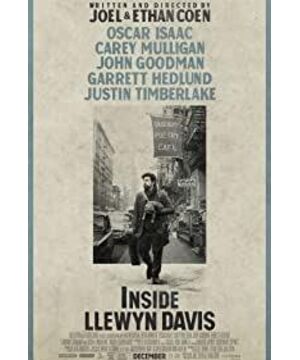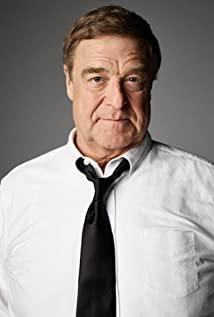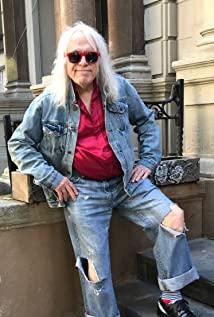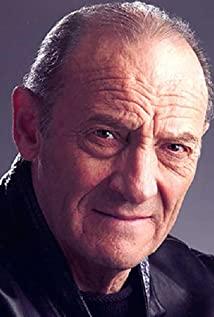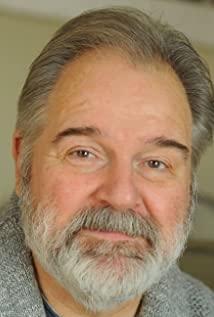The Coen brothers' "Drunk Country Folk Songs" was mainly inspired by Dave Van Langk's memoir "The Mayor of McDoug Street", the prototype of the protagonist Levine Davis. The abundance of first-hand materials in the original works and the secret lives of real folk musicians gave the Coen brothers the overall gloomy atmosphere of the story and the emotional tension of the loser's pain and depression. If there is only one winner among a million people, most directors would choose to shoot that one millionth, but the Coen brothers chose the story of the denominator.
With the bleak winter days and the gloomy sky, the film creates a constant cold and sad tone. The bleak winter symbolizes the embarrassing situation where folk musicians are isolated and not understood by ordinary people. Just like Levine Davis’s sister did not understand his brother’s artistic pursuits, she persuaded him to give up and return to the job of a sailor who could support his family. . And when Levine Davis was most embarrassed, it really wanted to return to his old business, but a series of changes still prompted him to continue singing at the Gaslamp Cafe, creating his musical legend. The gloomy sky shows the fate of the musician's uncertain future. Levienne Davis was still singing in the café a moment ago, and the next moment he was beaten and bruised. On stage, they can sing and express freely, but when off stage, they have to run for a living. Dream and reality are so close and so far away.
In fact, a detail in the movie reflects the darker secrets of the music circle. After the devastated Levienne Davis suffered a lot of failures, he once again got the opportunity to sing at the Gaslight Café, but it was indeed his lover Joan who bought it with his body. Levine Davis, who learned the truth in the cafe, was so furious that he completely ruined the cafe's singing program that night. How many people are desperate for their dreams? How many people use other people's dreams to do some shameful deeds? In this morbid and deformed society, people with ideals and aspirations are often unsuccessful losers in the eyes of others, while those who play with power and money have become the objects of full name worship.
The movie spent a lot of time recording an episode of Levine Davis's wish to break into Los Angeles. Unable to hang around in Greenwich Village, New York, Levine Davis is hopeful that he wants to find people who know the goods in Los Angeles and find opportunities for development. I was rushed to drink coffee in a coffee shop, and I was rushed to rest in the train station. I didn’t have a coat and my socks were soaked in snow. Seeing these, you would feel the chills that came to your heart on the road to success. However, Levine Davis, who finally reached his destination after going through hardships along the way, was ignored and ignored. The agency's denial of talent and consideration of business interests made him unacceptable, and eventually he went home.
Another aspect of the film worth exploring is the shaping of the folk circle and music by the Coen brothers. With the help of Levine Davis and a group of folk musicians, "Drunk Country Folk" brings the audience back with exquisite photography and soundtrack. We arrived at Greenwich Village, where the folk songs have risen. At the beginning of the film, Levine Davis sang "Hang Me, oh Hang Me" at the Gaslamp Café. The excellent lighting and photography directly attracted the audience into that circle. From then on, you have been in Levine. Davis witnessed his stumbled, disgraced road to music. We witnessed the lives of him and the well-respected musicians who were unknown at the time and are now well-respected. Musicians support each other, and borrowing accommodation and money is common among them. They rushed with dreams, but they were bruised and bruised by reality. At the end of the film, Bob Dean appeared. At this time, Levine Davis had not yet interacted with the later king of folk songs. He just glanced at the guy who was singing "Farewell". This It's another musical legend.
Most of the music used in the film is shown as a whole. Cohen’s excellent plays did not turn the film into a MV, and these songs are the welfare of the Coen brothers dedicated to the fans. Since then, we have added another soundtrack album that will never tire of listening, film history One more classic music work.
If you want to find a bright color in "Drunk Country Folk Songs", it is the golden cute cat named "Ulysses". The cat whose "name" was finally revealed, had gone through loss, adjustment, and return. It was like a cat who went to Los Angeles to look for opportunities, even gave up for a while, fumbled and wandered around, but finally returned to Greenway. Like Levine Davis, the folk musician who governs the village, he wants freedom, but he can only survive by being trapped in fetters.
At the end of the film, the Coen brothers gave a surprise. Like great works such as "A Rainstorm Is Coming" and "The Sun Also Rises", "Drunk Country Folk Songs" adopts a loop structure. Levine Davis woke up after boarding. This time "Ulysses" did not follow out. After singing in the Gaslight Café, he got a beating, and the audience seemed to see him repeating it again and again. This battle between dreams and reality, but success, when will it come? This ending left to the audience is worth savoring.
View more about Inside Llewyn Davis reviews


